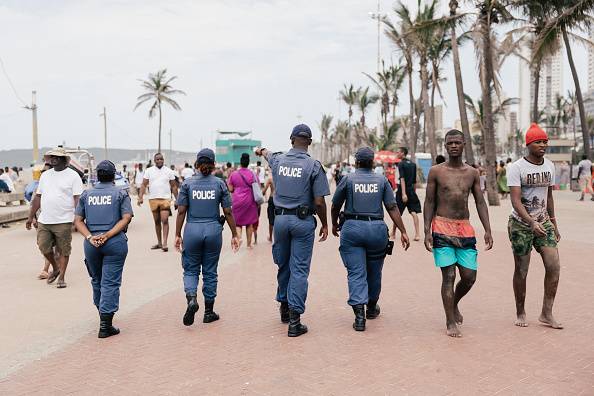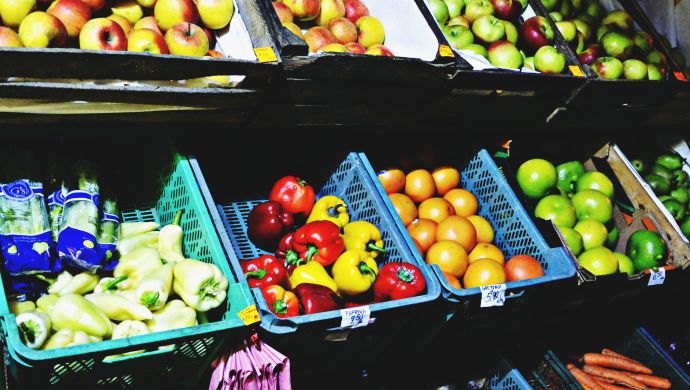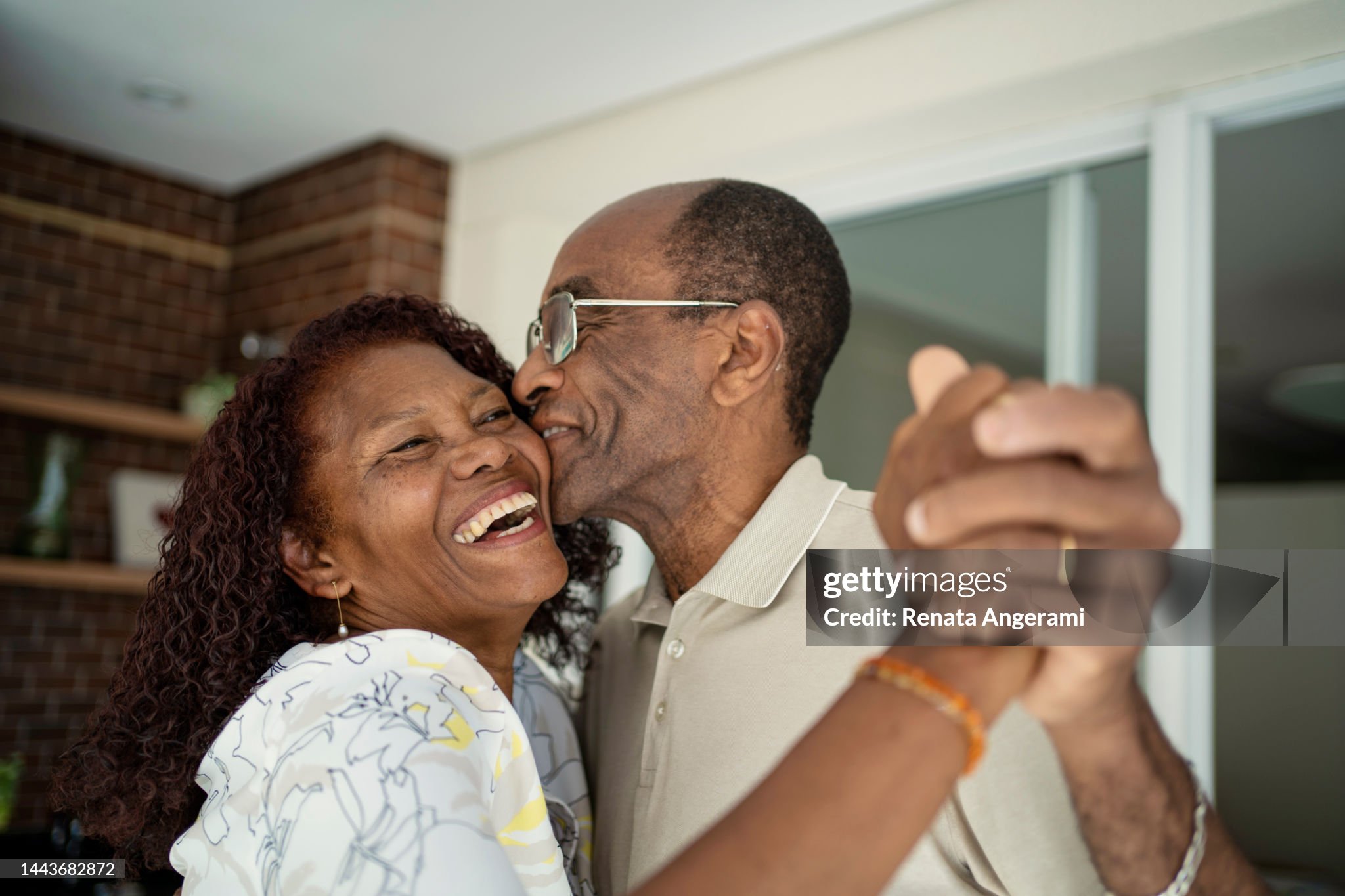Dear Minister Naledi Pandor,
I am writing to you as a former South African ambassador, in fact, the first ambassador appointed by President Nelson Mandela to serve in our new democratic dispensation, as I presented my credentials to the king of Thailand in Bangkok on 27 April 1994 — the day of our first democratic elections.
At the start of his presidency, Mandela declared that human rights and democracy would be the cornerstone of South Africa’s foreign policy, and I was proud to represent that policy abroad.
However, lately there seems to have been a significant shift away from this policy commitment: now we hear you and your Dirco colleagues stressing “neutrality” and “non-alignment”. You have been stating this as the basis for South Africa’s policy towards the Russia-Ukraine conflict, even with Russia being the clear aggressor in this conflict, having launched a full-on, unprovoked military attack on its independent, sovereign neighbour Ukraine.
Archbishop Desmond Tutu used to say: If you choose “neutrality” between an oppressor and an oppressed, you are siding with the oppressor. South Africa’s policy on the Ukraine situation shows the truth of Tutu’s observation. Soon after the start of Russia’s “special military operation” in Ukraine and after Dirco hastily rolled back its initial more or less “neutral” public statement on the issue, which dared to use the term “Russian invasion”, President Cyril Ramaphosa phoned Russian President Vladimir Putin “to get his perspective on the Ukrainian situation”.
Neither Ramaphosa nor any of his ministers (including you, Minister Pandor) were similarly keen to get the perspective of Ukrainian President Volodymyr Zelensky, ignoring repeated appeals by Ukraine’s ambassador to South Africa to do just that. The eventual call to Zelensky, as explained by Ramaphosa himself, was much more about explaining South Africa’s stance than getting Zelensky’s perspective. This clearly shows that not even a semblance of “neutrality” was observed; instead, every effort was made to avoid any condemnation or criticism of Russia for its unprovoked attack on Ukraine.
And now our defence minister, Thandi Modise, is in Moscow to attend and address Russia’s 10th international security conference at the invitation of her Russian counterpart, General Sergei Shoigu. This is presumably with your blessing, as the Cabinet acts as a collective and we have not noted any criticism nor condemnation of Modise’s visit by you or any of your Cabinet colleagues.
Apart from the ethical and moral issues posed by this visit, one simple question can be asked: if Zelensky had organised a similar “security conference” in Kyiv, would Modise have accepted to attend and address such an event? You and we all know the answer. Again, so much for your “neutrality”.
Visit Daily Maverick’s home page for more news, analysis and investigations
Moreover, Modise’s visit is taking place hardly a week after you hosted US Secretary of State Antony Blinken in Pretoria. In welcoming Blinken, you hailed “our [the US and South Africa’s] strategic partnership, which is based on common values and aspirations to build peace and prosperity for our respective peoples”, citing your appreciation for the US’s assistance in a wide range of areas, including (yes!) “capacity building for our law enforcement, defence and security agencies”. It certainly does not take a great deal of sensitivity or intelligence to see how Modise’s visit to Moscow makes a mockery of such lofty statements, and is in fact a slap in the face of the US and Blinken.
And, by the way, Minister, if this deference to Russia in the Ukraine situation is, as many presume, somehow an expression of gratitude for Russia’s erstwhile support for the ANC’s liberation struggle, you know as well as I do that is also a false flag: it was the Soviet Union, not Russia, that supported the anti-apartheid struggle, and Ukraine was part and parcel of the Soviet Union. So any gratitude due for this support should go to both Russia and Ukraine in equal measure. This is clearly not happening.
The reality is that the underpinning of South Africa’s current foreign policy choices seems to be a conscious ideological choice: an anti-Western bias in favour of a revolutionary “new world order”. In all current conflicts involving democracies versus autocracies (with Ukraine vs Russia as a prime example), South Africa is increasingly seen to be taking the side of the latter. This is in direct conflict with the solemn pledge by Mandela that human rights and democracy would form the cornerstone of our foreign policy — a standpoint which I as a South African diplomat proudly supported and represented.
To be frank: South Africa’s current foreign policy choices under your direction are a betrayal of Mandela’s initial commitment, for which we used to enjoy the admiration and respect of the entire free world. Our country’s reputation as a lodestar for democracy is now fast disappearing as we are increasingly seen to be cosying up to the world’s autocratic regimes. Modise’s current Moscow visit will be widely seen as another confirmation of this trend.
Smooth, lofty words about “common values and aspirations to build peace and prosperity”, spoken during meetings with representatives of democratic countries sound hollow and do not change this sad reality. Moreover, apart from losing our moral standing on the world stage, this policy choice is putting at risk the very foreign investment, trade, cooperation and foreign assistance for which you thanked Blinken and on which South Africa’s economic development depends.
Choices have consequences. Our current international policy choices are bringing both shame and damage to our country.
Yours sincerely,
Roel H Goris DM
Roel H Goris is a former South African ambassador to Thailand.




















Discussion about this post